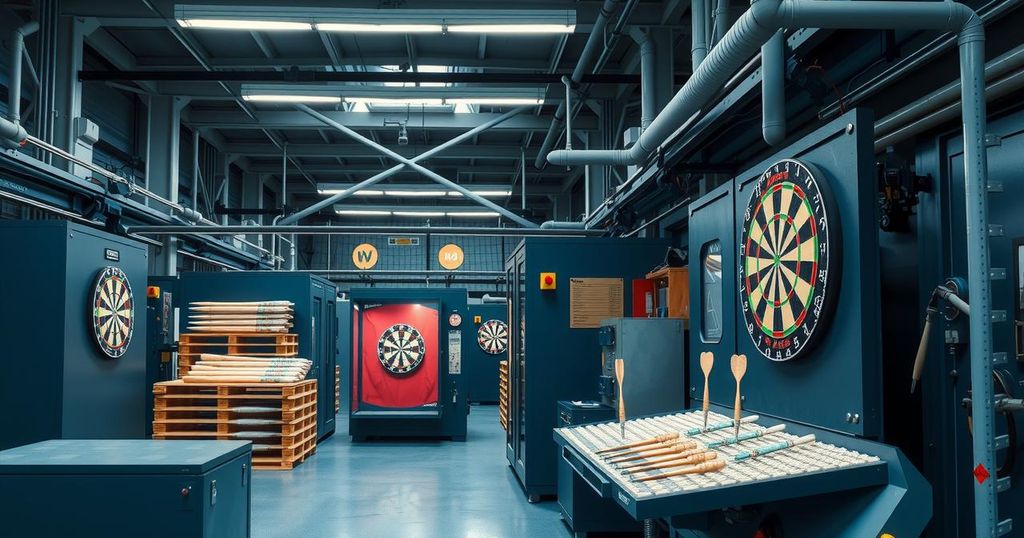Voter Sentiment in the Lehigh Valley Reflects Trump’s Policies
- Todd Harder believes Trump’s policies may hurt short-term prospects for his community.
- The manufacturing job market in the Lehigh Valley has fluctuated irregularly over time.
- Michelle Rios works to support students as Trump’s policies instill fear in diverse communities.
- Harder is uncertain if he will vote again in 2026, reflecting broader voter disillusionment.
- The region exemplifies the split political sentiments present in the aftermath of Trump’s presidency.
How Voter Sentiment Reflects On Trump’s Policies
The political atmosphere in the Lehigh Valley remains charged as voters, like Todd Harder, express the intricate relationship between Trump’s policies and their effects on local communities. Harder, who owns ProDart, openly admits he initially supported the former president, betting on a manufacturing revival that seems, at least for now, frustratingly out of reach. With a mere five employees left from a once-thriving fourteen and bills piling up, the promise of tariffs to invigorate industrial life feels more like a distant dream than an imminent reality.
Local Economy Struggles Amidst Political Shifts
This region, labelled a political bellwether, was critical in the last election cycle, with its local economy steeped in a rich manufacturing history that traces back to the likes of Bethlehem Steel. However, numbers tell a different story as manufacturing jobs in the valley fluctuated dramatically over the decades, now barely recovering to an optimistic 41,000. Harder shares that even though he witnesses minimal impacts from foreign tariffs personally as a small business owner, other local businesses feel the hammering blows, shrinking consumer spending and weakening confidence.
Two Perspectives on Leadership and Community
While Harder expresses disappointment, Michelle Rios occupies an opposing corner of the political spectrum, grappling with a different kind of fear regarding how Trump’s agenda will influence her work in diversity at a local college. She recalls navigating through a storm of uncertainty during the first term and aims to remain resilient amidst the fresh wave of anxiety buzzing around funding and immigration threats that have emerged. The challenges she faces seem multifaceted, as she tries to mend the fracture between Latino communities and Democratic loyalty, with an eye towards encouraging deeper connections and communication across boundaries.
From a local business owner feeling the pinch of economic policies to voices in the education sector grappling with fear and hope, the Lehigh Valley vividly illustrates the conflicting sentiments that voters presently harbour about Trump’s promise of a nationwide manufacturing resurgence. The juxtaposition of Harder and Rios spotlights a community on the edge, caught between nostalgia for a robust industry, and the emerging culture wars that shape their future. As the political landscape shifts, keeping an eye on how these dynamics evolve will tell us much about the broader national narrative ahead of the 2026 elections.




